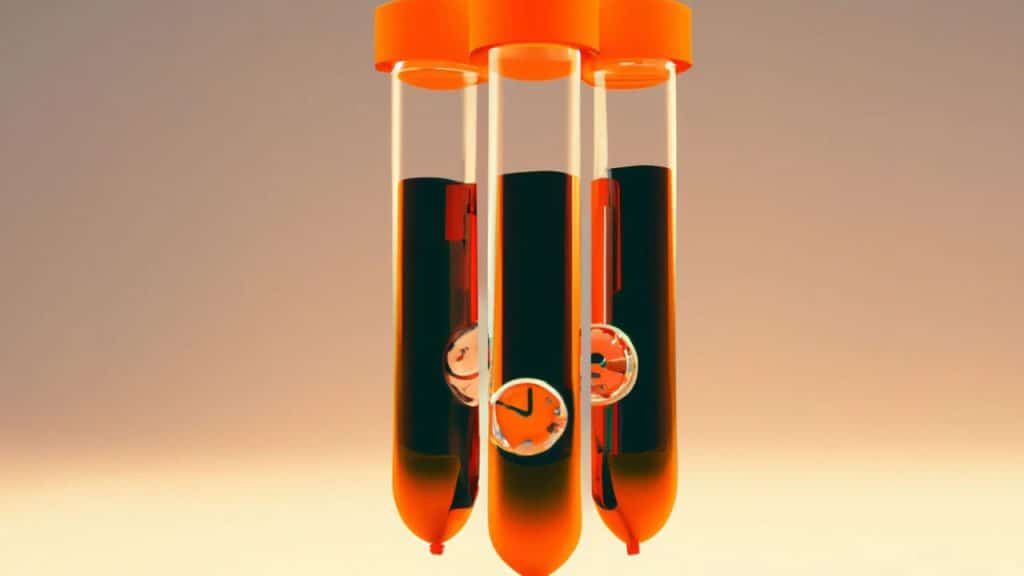Measuring biological age accurately is one of the most important aspects of working to improve longevity, but it isn’t a simple process. There’s currently no single procedure that can tell you everything you need to know. This means that being able to calculate biological age from a regular, routine blood test would be a big step forward.
Blood tests are one of the most important diagnostic tools at our disposal. We use them to measure everything from hormones to blood sugar. If there’s something wrong with you and the doctor’s not sure what it is, or even if they have a strong suspicion but they need it confirmed, a blood test is likely to be one of the first steps.
That means that if a standard blood panel can measure biological age, measuring biological age is something you can do as part of a regular health checkup, or maybe even at home. It will be cheaper and more efficient than specialized testing, which may require more unusual equipment and expert analysis.
This hope for improved efficiency has informed new research (https://longevity.technology/news/biological-age-estimation-using-circulating-blood-biomarkers/), produced as a joint project between a health app manufacturer and Imperial College London. They took the standard data points collected in a regular blood test and analyzed them with AI.
Their results showed that not only could their biological age estimations be more accurate than tests currently being used, but they could maintain that accuracy with fewer biological markers. The experiment started with 57 blood markers, but the model they developed only needed 21. More than 300,000 participants were analyzed in total, all between the ages of 37 and 75.
Of course, this is still only an early step toward developing a widely available test. It hasn’t even been through peer review yet. If the development does continue to be successful, however, it could mean a more accurate test that can be accessible to everyone, regardless of location or wealth.
Identifying signs of biological age early makes it much easier to take preventative steps to stop that aging from having a negative effect on your health. If we can reduce incidents of age-related disease and help people age healthily, it will have a positive effect on overall longevity. It’s yet another way in which AI is proving to be at the forefront of the latest medical innovations.




